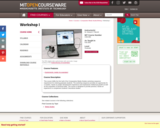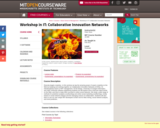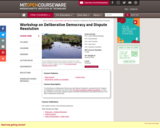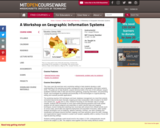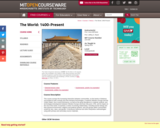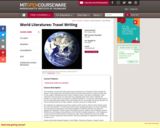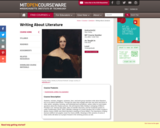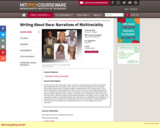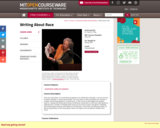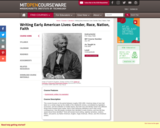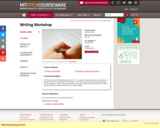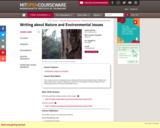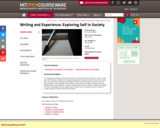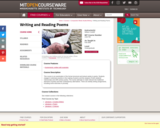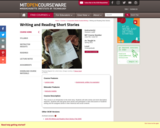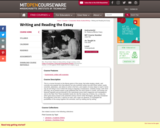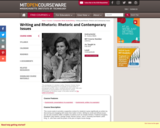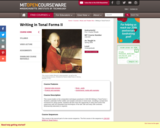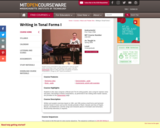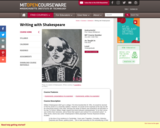This semester, we will read writing about travel and place from Columbus's Diario through the present. Travel writing has some special features that will shape both the content and the work for this subject: reflecting the point of view, narrative choices, and style of individuals, it also responds to the pressures of a real world only marginally under their control. Whether the traveler is a curious tourist, the leader of a national expedition, or a starving, half-naked survivor, the encounter with place shapes what travel writing can be. Accordingly, we will pay attention not only to narrative texts but to maps, objects, archives, and facts of various kinds. Our materials are organized around three regions: North America, Africa and the Atlantic world, the Arctic and Antarctic. The historical scope of these readings will allow us to know something not only about the experiences and writing strategies of individual travelers, but about the progressive integration of these regions into global economic, political, and knowledge systems. Whether we are looking at the production of an Inuit film for global audiences, or the mapping of a route across the North American continent by water, these materials do more than simply record or narrate experiences and territories: they also participate in shaping the world and what it means to us. Authors will include Olaudah Equiano, Caryl Philips, Claude L?vi-Strauss, Joseph Conrad, Jamaica Kincaid, William Least Heat Moon, Louise Erdrich, ?lvar N Brazil|Caribbean|Coetzee|Columbus|Culture|Defoe|De Lery|Drama|Essay|Ethnicity|Europe|Film|French|History|Literature|Modern|Montaigne|Narrative|North America|Novel|Poetry|Religion|Report|Rowlandson|Travel|Walcott|William Shakespeare|Writing en http://creativecommons.org/licenses/by-nc-sa/3.0/ Creative Commons Attribution-NonCommercial-ShareAlike 3.0 Creative Commons Attribution-NonCommercial-ShareAlike 3.0 remix-and-share student| Visual|Textual Curriculum/Instruction|Professional Development published 2 200
32873 learning-from-the-past-drama-science-performance-spring-2009 21L.016Spring2009 2010-10-07T04:39:16 Learning from the Past: Drama, Science, Performance, Spring 2009 1/1/2009 Henderson, Diana|Sonenberg, Janet | | M.I.T. M.I.T.:M.I.T. OpenCourseWare https://www.oercommons.org/courses/learning-from-the-past-drama-science-performance-spring-2009 https://ocw.mit.edu/courses/literature/21l-016-learning-from-the-past-drama-science-performance-spring-2009/ Arts and Humanities|Performing Arts|Philosophy|Religious Studies|World Cultures|Astronomy|Chemistry|Physics Full Course Downloadable docs|Text/HTML Post-secondary This class explores the creation (and creativity) of the modern scientific and cultural world through study of western Europe in the 17th century, the age of Descartes and Newton, Shakespeare, Milton and Ford. It compares period thinking to present-day debates about the scientific method, art, religion, and society. This team-taught, interdisciplinary subject draws on a wide range of literary, dramatic, historical, and scientific texts and images, and involves theatrical experimentation as well as reading, writing, researching and conversing. The primary theme of the class is to explore how England in the mid-seventeenth century became "a world turned upside down" by the new ideas and upheavals in religion, politics, and philosophy, ideas that would shape our modern world. Paying special attention to the "theatricality" of the new models and perspectives afforded by scientific experimentation, the class will read plays by Shakespeare, Tate, Brecht, Ford, Churchill, and Kushner, as well as primary and secondary texts from a wide range of disciplines. Students will also compose and perform in scenes based on that material."
